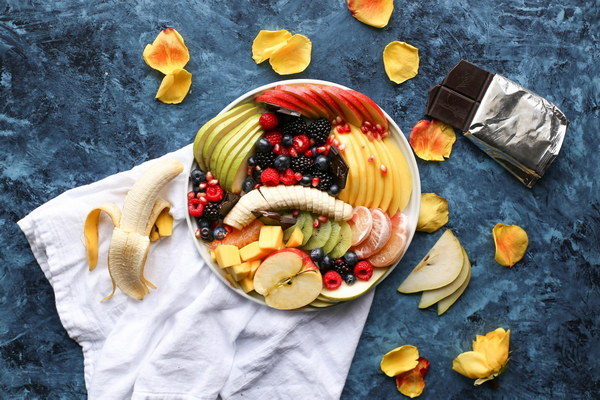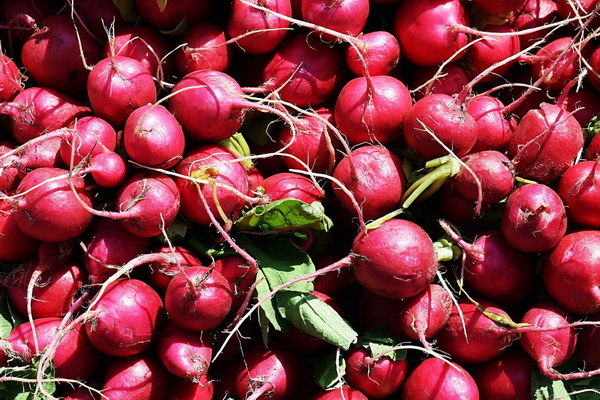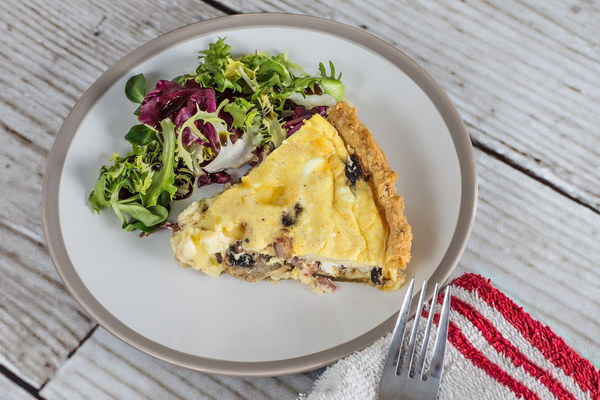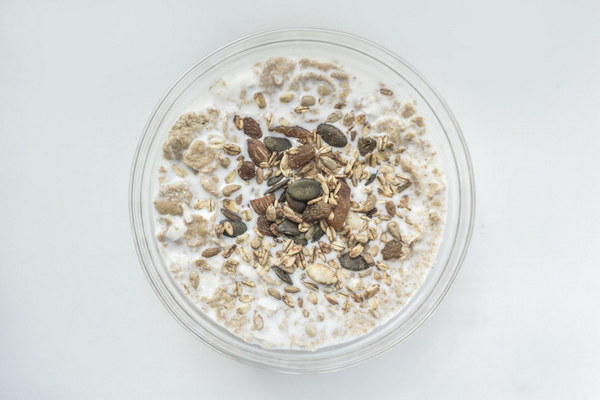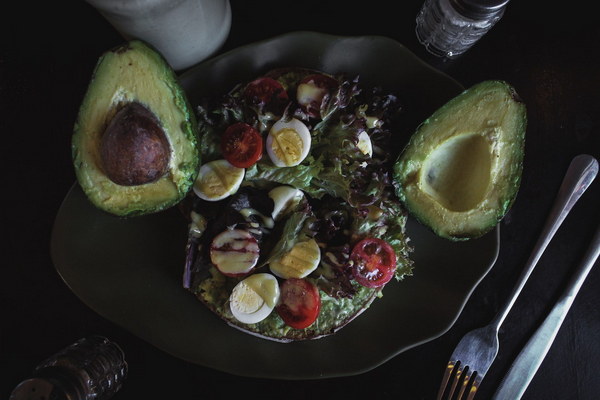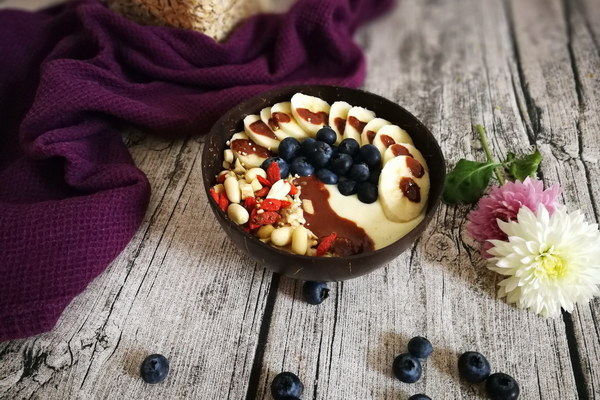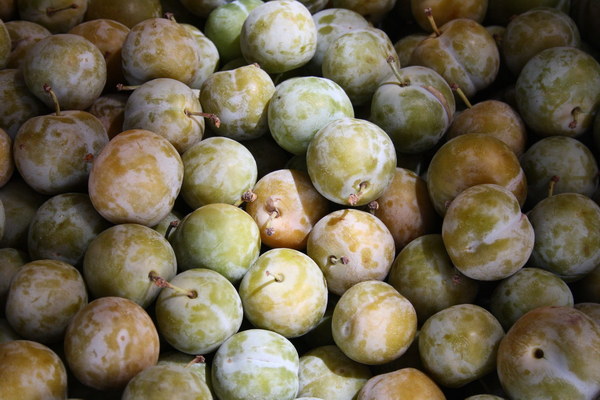Top Medicines for DampnessRelieving and SpleenNourishing A Comprehensive Guide
In traditional Chinese medicine, dampness and spleen deficiency are two common imbalances that can lead to a variety of health issues. To alleviate these imbalances, the right herbal remedies can be incredibly effective. Here's a comprehensive guide to the top medicines for dampness-relieving and spleen-nourishing.
1. Fu Ling (Poria)
Fu Ling is a commonly used herb in Chinese medicine for its dampness-relieving properties. It is believed to help eliminate dampness from the body, especially in cases of damp-heat or damp-cold conditions. It can be found in various formulas, often combined with other herbs to enhance its effectiveness.
2. Bai Zi Ren (Biota Seeds)
Bai Zi Ren is another excellent herb for dampness-relieving and spleen-nourishing. It has a sweet, slightly bitter taste and a neutral property. This herb helps to eliminate dampness and strengthen the spleen, making it a great choice for those with spleen deficiency and dampness-related symptoms.
3. Ren Shen (Ganoderma Lucidum)
Ren Shen, also known as Ling Zhi in Chinese, is a highly prized herb for its spleen-nourishing properties. It is believed to tonify the spleen, improve digestion, and enhance overall energy levels. Ren Shen is often used in combination with other herbs to address dampness and spleen deficiency simultaneously.
4. Fu Zi (Cinnamon Twig)
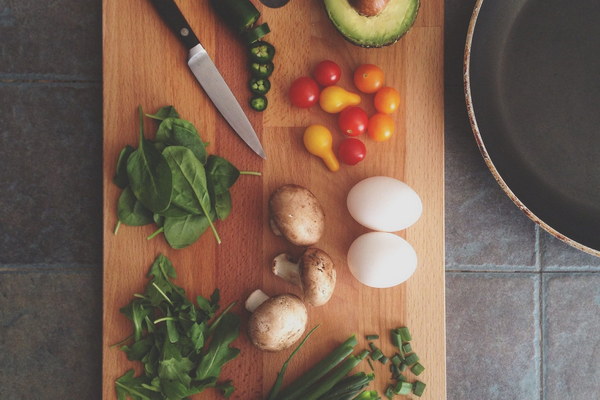
Fu Zi is a potent herb with warming properties, making it an excellent choice for damp-cold conditions. It is believed to warm the middle burner, which helps to eliminate dampness and strengthen the spleen. When used in combination with other herbs, Fu Zi can provide significant relief from dampness-related symptoms.
5. Bai Zhu (Atractylodes Macrocephala)
Bai Zhu is another herb commonly used for dampness-relieving and spleen-nourishing purposes. It is believed to help eliminate dampness and improve digestion, making it a great choice for those with spleen deficiency and dampness-related symptoms. Bai Zhu is often combined with other herbs, such as Ren Shen and Fu Ling, to enhance its effectiveness.
6. Huang Qi (Astragalus)
Huang Qi is a well-known immune-boosting herb in Chinese medicine. It is also used for dampness-relieving and spleen-nourishing purposes. This herb helps to strengthen the spleen, improve digestion, and enhance overall energy levels. Huang Qi is often combined with other herbs, such as Ren Shen and Bai Zhu, to provide a synergistic effect.
7. Shan Yao (Chinese Yam)
Shan Yao is a nourishing herb that is believed to help strengthen the spleen and alleviate dampness. It has a sweet, slightly bitter taste and a neutral property, making it suitable for a wide range of dampness-related symptoms. Shan Yao is often used in combination with other herbs, such as Ren Shen and Bai Zi Ren, to provide comprehensive support for the spleen and dampness.
When using these herbs, it's important to consult with a qualified Chinese medicine practitioner to determine the most appropriate formula and dosage for your specific needs. While these herbs can be incredibly effective for dampness-relieving and spleen-nourishing, individual responses may vary.
In conclusion, traditional Chinese medicine offers a variety of herbal remedies for dampness-relieving and spleen-nourishing. By incorporating these natural treatments into your wellness routine, you can effectively address these imbalances and improve your overall health and well-being. Always seek the guidance of a professional before starting any new treatment to ensure safety and effectiveness.
